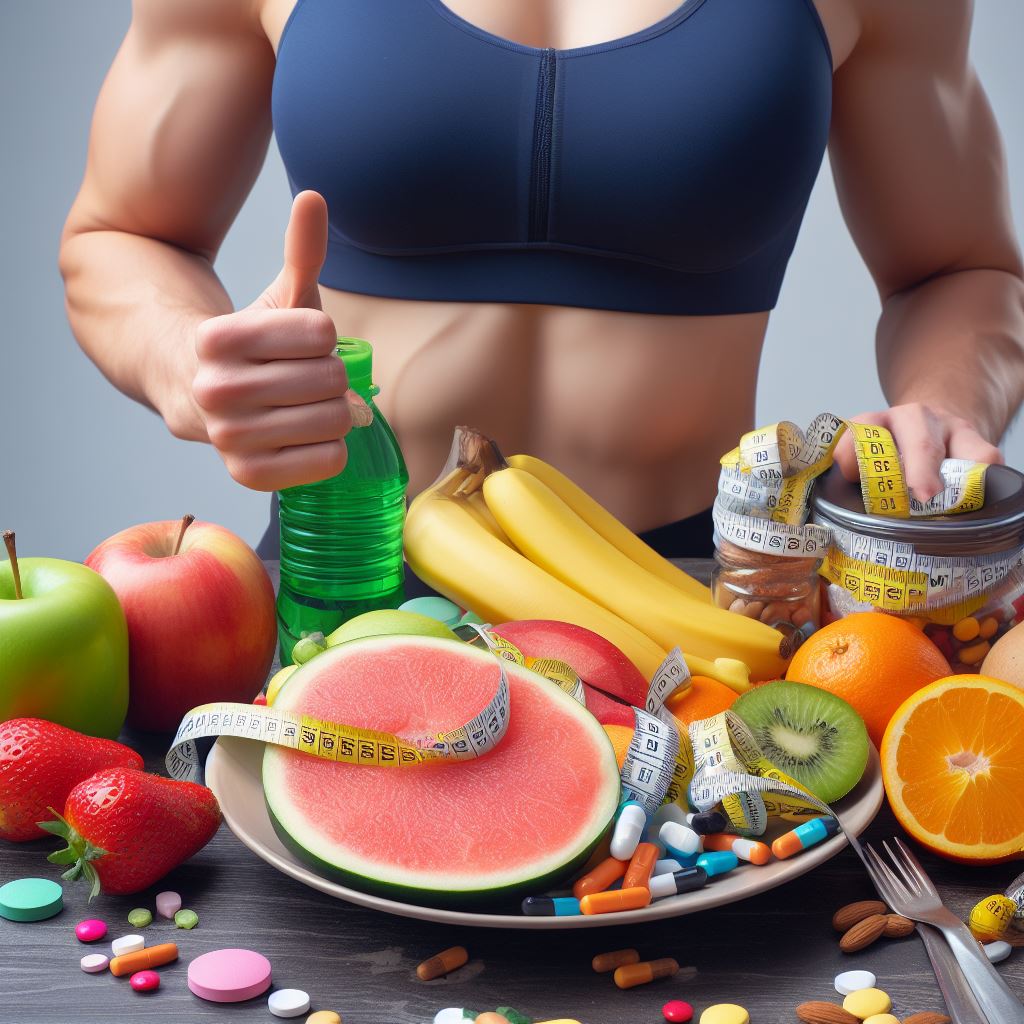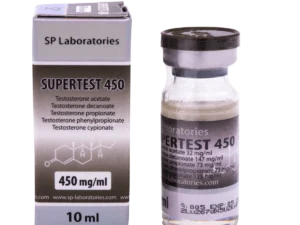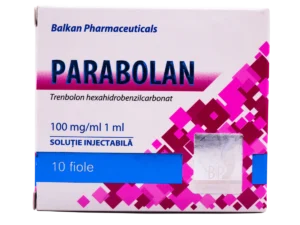
Introduction to Nutrition for Athletes: The Ultimate Guide
Being an athlete is not just about physical training and exercise. It’s a lifestyle that involves a comprehensive approach to health and well-being, including proper nutrition. The food an athlete consumes before, during and after their training or competition can significantly impact their athletic performance and recovery. This is why understanding the basics of nutrition and implementing a well-planned nutritional strategy is crucial for anyone who participates in sports, whether you’re a weekend warrior or a seasoned professional.
Our bodies are like complex machines that require the right type of fuel to function optimally. For athletes, this fuel comes in the form of a balanced diet that provides the necessary vitamins, minerals, and other nutrients needed to support physical activity, enhance performance, and promote recovery. This guide is designed to provide an in-depth look into the world of sports nutrition, breaking down the key components of an athlete’s diet and explaining how each one contributes to athletic performance.
From understanding the role of macronutrients like proteins, carbohydrates, and fats in an athlete’s diet, to learning about the importance of hydration and the use of supplements, this guide covers it all. We will also delve into the different nutritional needs of athletes based on the type of sport they participate in, their training schedule, and their individual body composition and health goals.
Whether you’re an athlete looking to enhance your performance, a coach wanting to better support your team’s nutritional needs, or simply someone interested in sports nutrition, this guide is for you. So let’s dive in and start exploring the fascinating world of sports nutrition!
Nutritional Foundations for Athletes
At the core of every athlete’s diet are the macronutrients: carbohydrates, proteins, and fats. Each of these plays a unique role in providing energy, supporting muscle growth and recovery, and maintaining overall health.
Carbohydrates
Carbohydrates are the primary energy source for athletes. They are broken down into glucose, which is used to fuel the body’s cells during physical activity. Depending on the intensity and duration of the exercise, the body may also use carbohydrates stored in the muscles and liver, known as glycogen. Athletes should aim to consume a diet rich in complex carbohydrates, such as whole grains, fruits, and vegetables, to maintain their glycogen stores.
Proteins
Proteins are essential for muscle growth and repair. They are made up of amino acids, some of which the body cannot produce on its own. These essential amino acids must be obtained through the diet. High-quality sources of protein include lean meats, fish, eggs, dairy products, and plant-based sources like beans and lentils.
Fats
Fats are a concentrated source of energy and are essential for hormone production, nutrient absorption, and maintaining cell health. Athletes should focus on consuming healthy fats, such as those found in avocados, nuts, seeds, and olive oil.
Hydration and Electrolyte Balance
Proper hydration is critical for athletic performance. Dehydration can lead to fatigue, decreased coordination, and muscle cramping. Athletes should drink water before, during, and after exercise to maintain hydration levels. During prolonged exercise, sports drinks can be used to replace lost electrolytes.
Supplements and Sports Nutrition
While a balanced diet should provide most of the nutrients an athlete needs, some may choose to use supplements to enhance their performance or meet their nutritional needs. Common supplements used by athletes include protein powders, creatine, and branched-chain amino acids (BCAAs). However, it’s important to note that supplements should not replace a balanced diet and should always be used under the guidance of a healthcare professional.
Individual Needs and Considerations
Every athlete is unique, and their nutritional needs can vary based on their sport, training schedule, body composition, and health goals. It’s important for athletes to work with a registered dietitian or sports nutritionist to create a personalized nutrition plan that fits their individual needs.
Conclusions
Nutrition plays a vital role in an athlete’s performance and recovery. By understanding the importance of macronutrients, hydration, and individual nutritional needs, athletes can optimize their diet for peak performance. Remember, the best diet for an athlete is one that is balanced, varied, and enjoyable.
Practical Recommendations for Athletes
Understanding the importance of nutrition for athletic performance is one thing, but putting it into practice can often be challenging. Here are some practical recommendations to help athletes optimize their diet and enhance their performance:
Plan Your Meals and Snacks
Planning meals and snacks in advance can help ensure that you’re getting the right balance of macronutrients throughout the day. Try to include a source of protein, complex carbohydrates, and healthy fats in each meal. For snacks, opt for nutrient-dense options like nuts and seeds, yogurt, or a piece of fruit.
Stay Hydrated
Don’t wait until you’re thirsty to drink water. Carry a water bottle with you and sip on it throughout the day to maintain hydration. If you’re participating in prolonged or intense exercise, consider using a sports drink to replace lost electrolytes.
Use Supplements Wisely
While supplements can be a useful tool for some athletes, they should not replace a balanced diet. If you choose to use supplements, do so under the guidance of a healthcare professional and ensure they are third-party tested for safety and quality.
Listen to Your Body
Every athlete is unique, and what works for one person may not work for another. Pay attention to how different foods and eating patterns affect your performance and adjust your diet accordingly. If you’re unsure, consider working with a registered dietitian or sports nutritionist to create a personalized nutrition plan.
Recover Properly
Nutrition plays a crucial role in recovery after exercise. Be sure to consume a balanced meal or snack containing protein and carbohydrates within 45 minutes of finishing your workout to promote muscle repair and replenish glycogen stores.
Remember, good nutrition is just one piece of the puzzle when it comes to athletic performance. Regular training, adequate rest and recovery, and a positive mindset are also essential for success.






